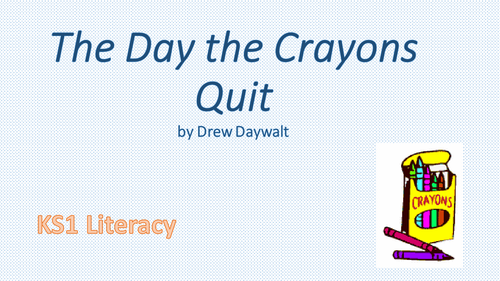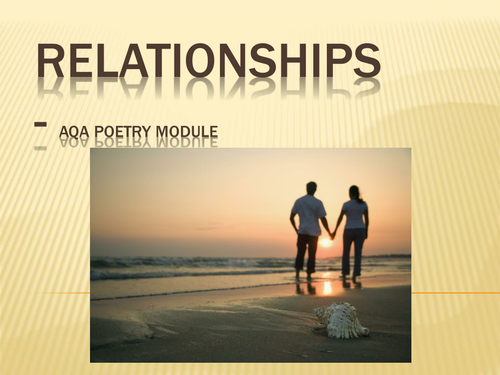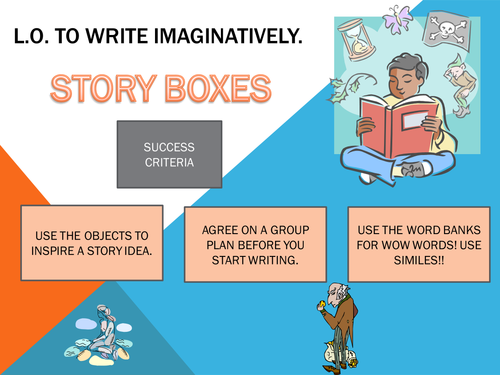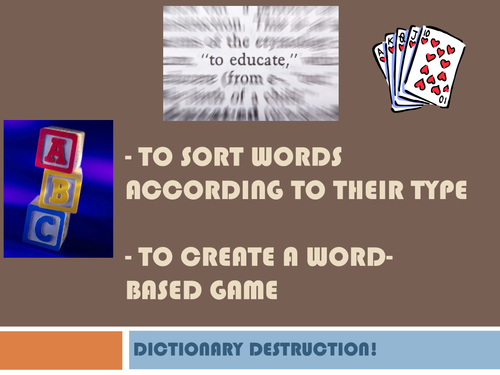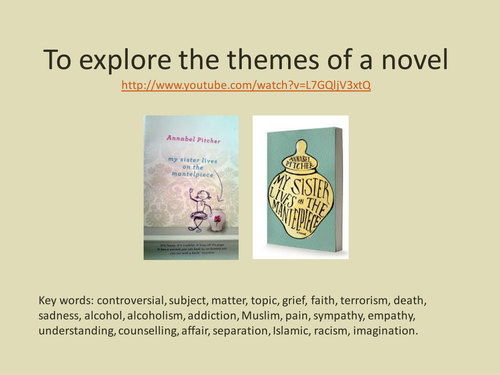Creative Resources for English & Drama
Hello and welcome to my little shop of resources. I'm a qualified teacher at both primary and secondary level (UK), with over ten years of teaching experience. You will find that many of the resources have an emphasis on student-led learning with opportunities for discussion, group work, creative writing and drama activities where appropriate. I hope my resources will save you lots of time and keep you inspired. Good luck!


